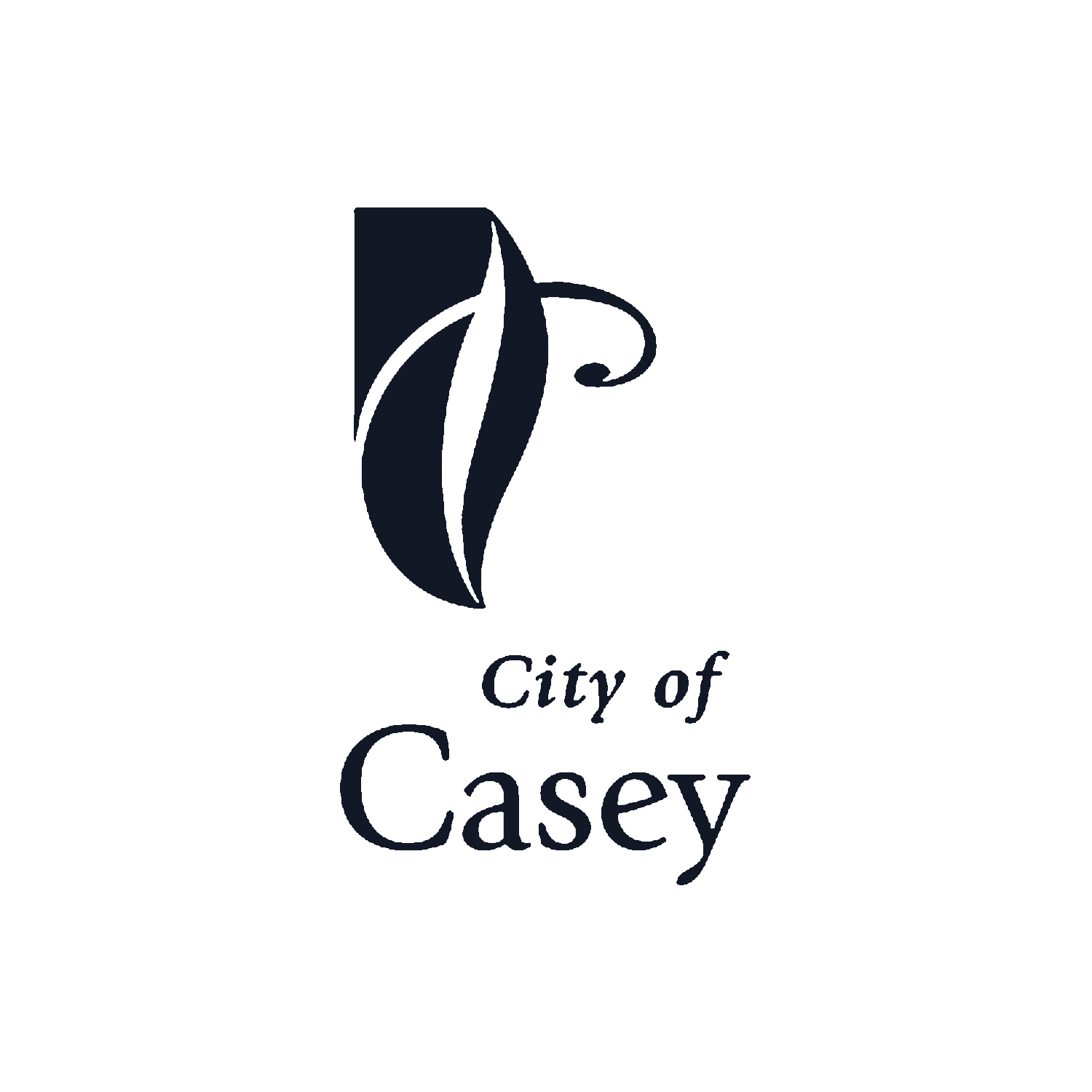The Client
Located in Melbourne’s outer South-East, the City of Casey is Victoria’s largest Municipality and is home to approximately 300,000 residents. The City of Casey wanted to improve the handling of council business papers. Their aim was to implement a software solution that was flexible and could automate the process of creating agendas and minutes and producing reports. Improving efficiencies through effective digital solutions, the City was keen to get more from their intellectual property, being their reports, and enable a process of linking their resolutions and actions together. Creating this link meant greater visibility of the process that results in a council plan.
Selection Process
The Brief and development
The City of Casey chose the Doc Assembler and Docs on Tap Products to fulfil their requirements, the solution needed to:
- Be an out of the box software solution that integrates with existing core systems
- Automate agenda and minutes
- Improve council document handling processes
- Reduce council dependence on paper documents
- Allow access to important documents digitally in an easy and timely fashion
- Allow access to documents on hand held devices
- Include due date notifications for reports
Harbour Software supported the City of Casey through the journey from design and contract preparations to implementation and training. Utilising our expertise and industry experience we were able to develop customised templates specific to their needs and provide guidance on using the software to aid the City to improve their processes. Working closely with the City of Casey we focused on assisting them to get the most out of our software and ensure that all their needs were met.

The Outcome
The City of Casey had a change management plan in place to ensure they achieved an ordered and successful implementation and user take up.
Working collaboratively with the City of Casey, Harbour Software looked to train champion users first. These champion users had previously been involved in the development phase which meant they had a sense of ownership and pre-existing investment in the success of the software implementation.
Find out how Harbour Software can help your organisation


